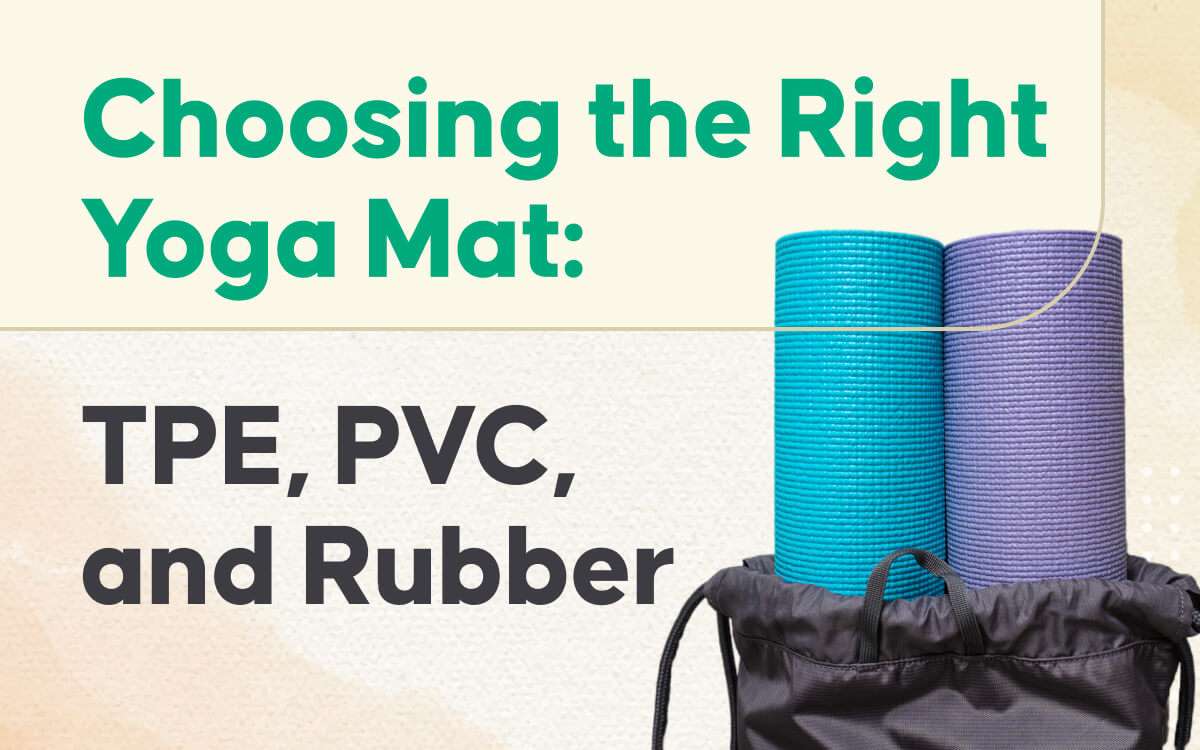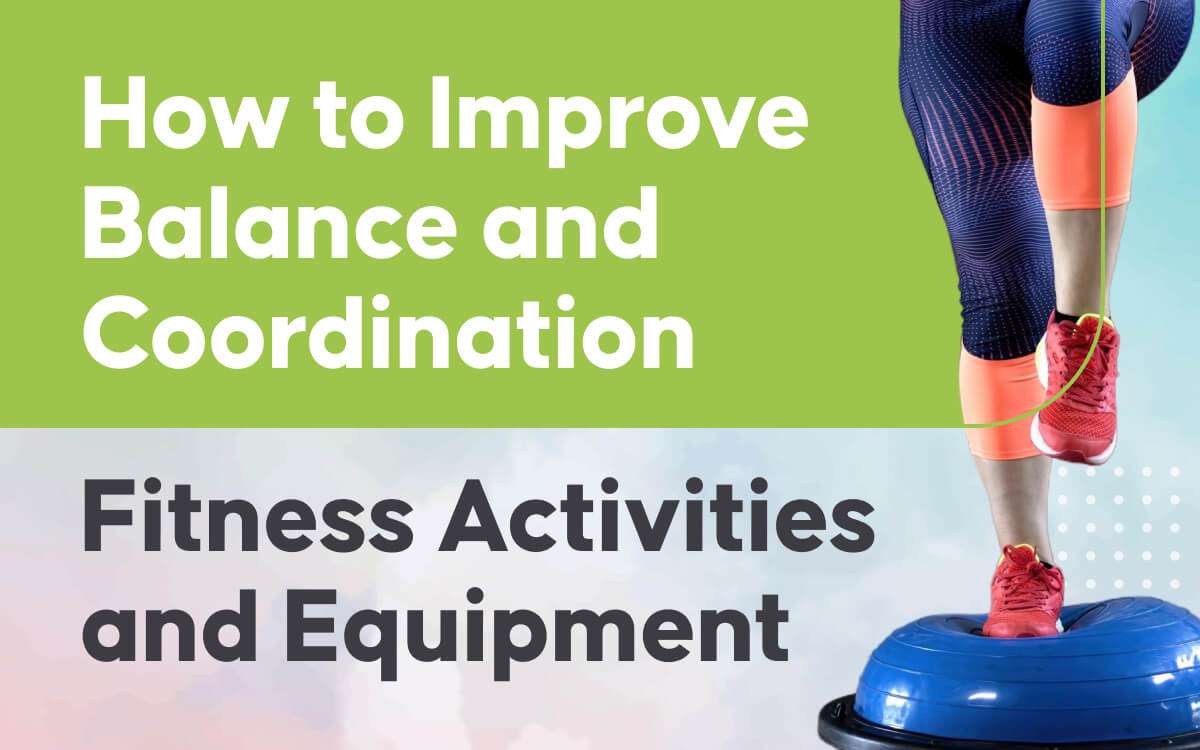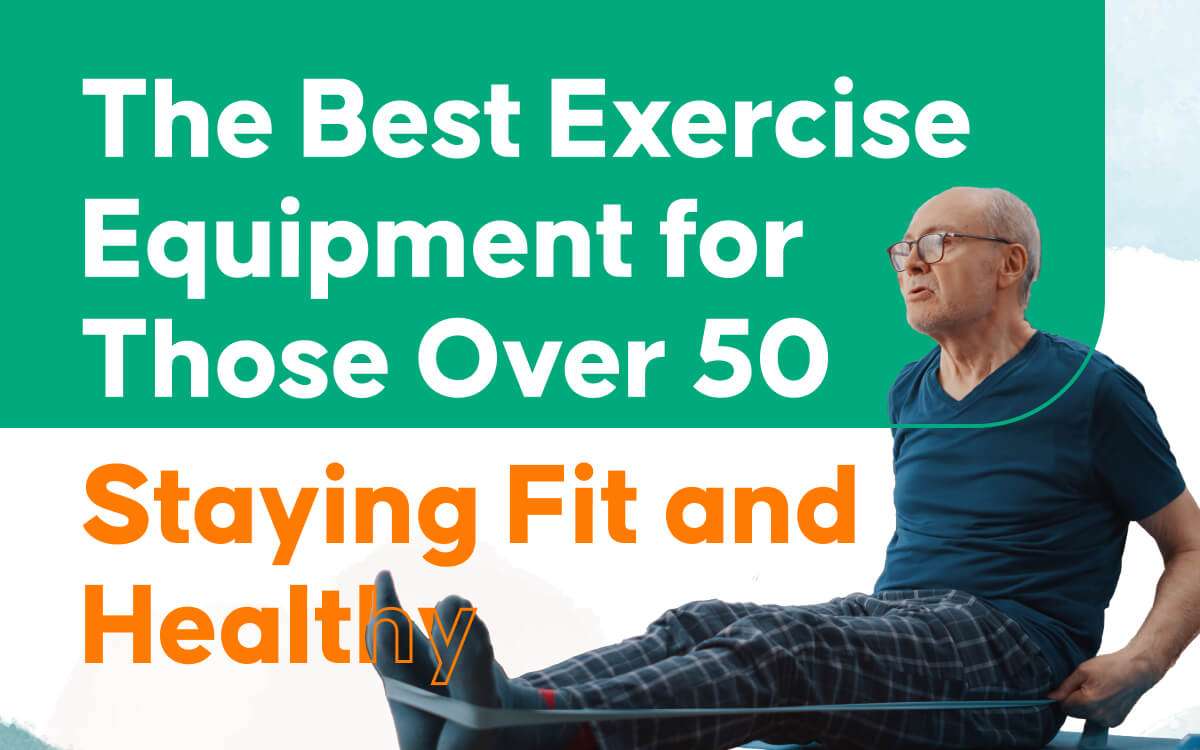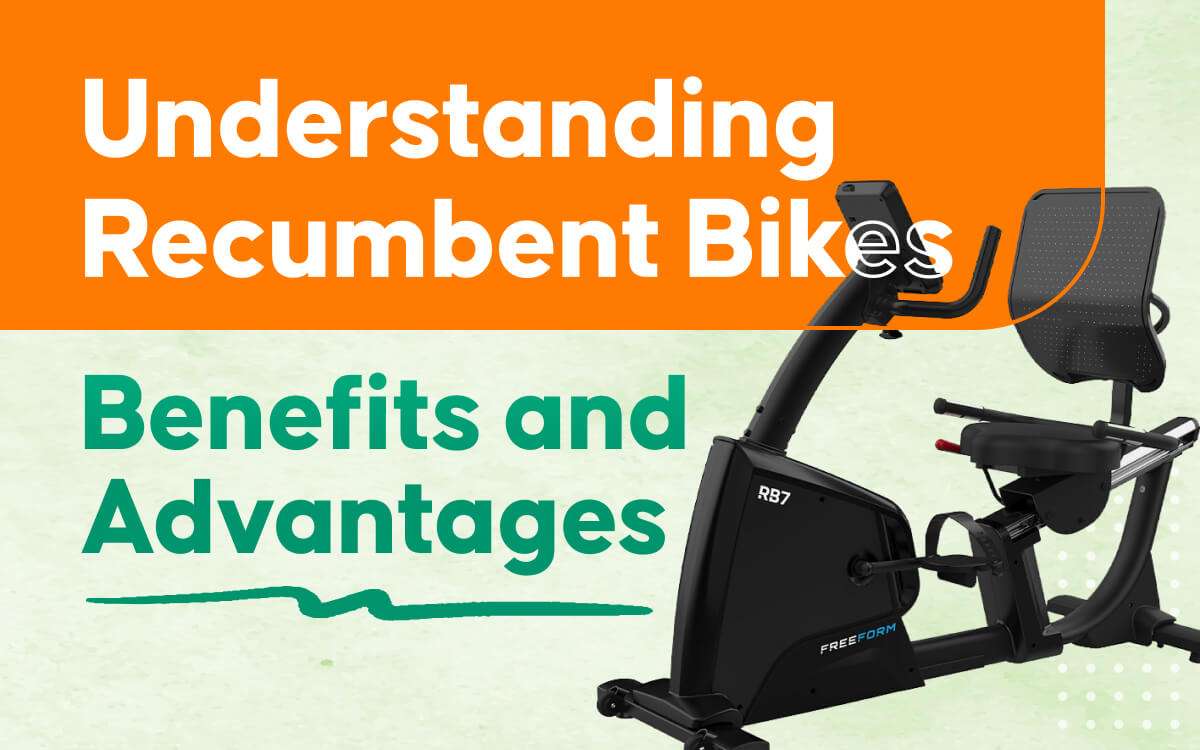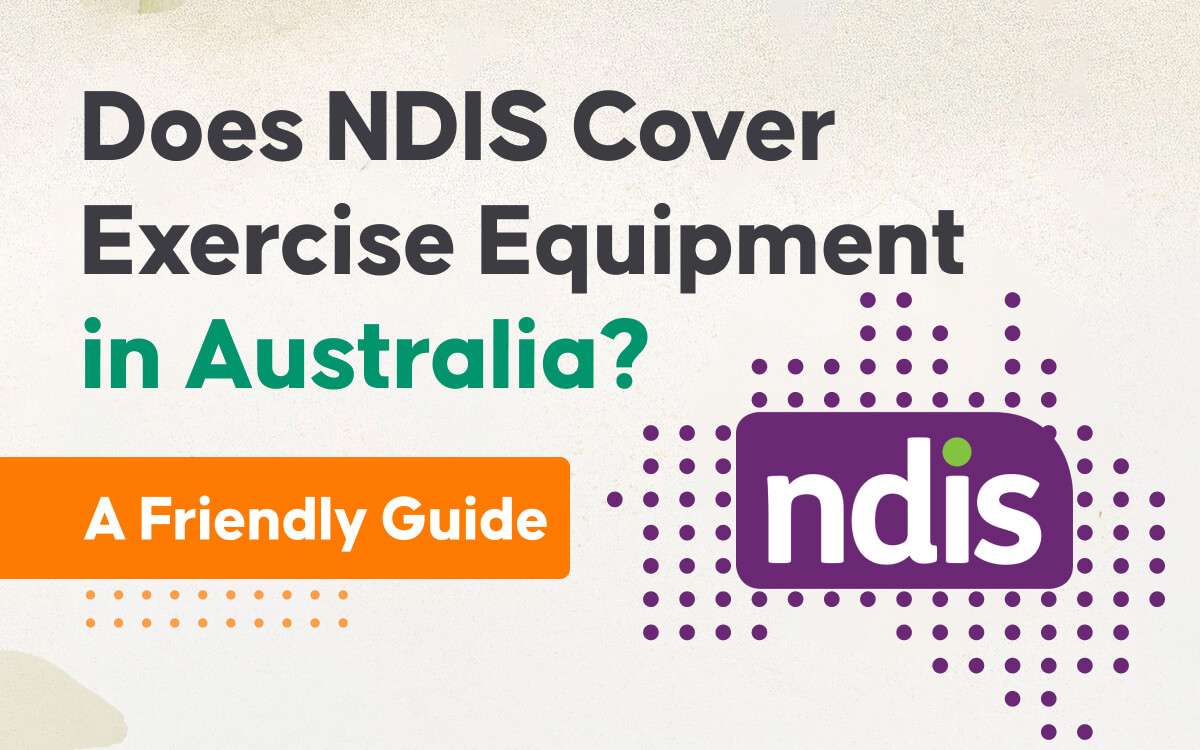
When it comes to supporting the fitness and recreational activities of individuals with disabilities, the National Disability Insurance Scheme (NDIS) in Australia plays a crucial role. If you’re an NDIS participant or a caregiver, you might be wondering whether NDIS covers exercise equipment. The good news is that, under certain conditions, NDIS can indeed fund fitness equipment to help participants achieve their personal goals.
What Home Fitness Equipment Can Assist NDIS Participants?
Home fitness equipment can be a game-changer for NDIS participants. It allows for regular physical activity, which is essential for overall health and well-being. Here are some types of equipment that can be particularly beneficial:
- Treadmills: Great for cardiovascular fitness and improving walking or running abilities.
- Stationary Bikes: Ideal for low-impact cardio workouts that are gentle on the joints.
- Resistance Bands and Weights: Perfect for strength training and muscle development.
- Elliptical Machines: Provide a full-body workout while being easy on the knees and hips.
- Adaptive Equipment: Specialized devices designed to accommodate specific disabilities, such as hand cycles or accessible weight machines.
NDIS Exercise and Physical Activity: Meeting Unique Needs
Exercise and physical activity are vital for everyone, but for people with disabilities, these activities need to be tailored to meet their unique needs. NDIS recognizes this and funds supports that help participants engage in physical activities that promote health, independence, and social inclusion.
Approved Fitness Equipment for NDIS Participants
To ensure the equipment meets your specific needs and goals, NDIS may cover items that are considered “reasonable and necessary.” These items must relate directly to your disability, be value for money, and be likely to be effective and beneficial.
Why NDIS Participants Require Fitness Equipment
NDIS participants might need fitness equipment for various reasons, including:
- Improving Mobility: Regular exercise can enhance mobility and flexibility.
- Building Strength: Strength training can improve overall muscle strength and endurance.
- Enhancing Mental Health: Physical activity is known to boost mood and reduce anxiety.
- Increasing Independence: Fitness equipment can help participants perform daily tasks more efficiently.
Benefits of Home Fitness Equipment
Having fitness equipment at home offers several advantages:
- Convenience: Exercise at any time without the need to travel.
- Privacy: Work out in a comfortable, private environment.
- Consistency: Easier to maintain a regular exercise routine.
- Adaptability: Equipment can be tailored to specific needs and abilities.
Does NDIS Cover Exercise Equipment?
Yes, NDIS can cover exercise equipment, provided it is deemed reasonable and necessary to support your goals related to your disability. The funding for such equipment will be considered if it helps you achieve the goals outlined in your NDIS plan, such as improving physical health or increasing independence.
How to Determine if Gym Equipment is a Reasonable and Necessary Support
If you believe that fitness equipment is crucial for your health and well-being, discuss this with your NDIS Planner. They will help you determine if gym equipment is a reasonable and necessary support based on your individual circumstances and goals.
How to Order Fitness Equipment with NDIS Funding
- Assessment and Recommendation: Start by getting an assessment from a qualified health professional who can recommend specific equipment based on your needs.
- Include in Your Plan: Ensure that the need for fitness equipment is included in your NDIS plan during your planning meeting.
- Seek Approval: Submit a request for funding approval, providing detailed justification and supporting documents from your health professional.
- Purchase and Setup: Once approved, purchase the equipment from a reputable supplier. Make sure it is set up correctly and safely for your use.
Conclusion
The NDIS can be a valuable resource in helping participants access the exercise equipment they need to lead healthier, more active lives. By understanding the process and working closely with your NDIS Planner, you can ensure that your fitness needs are met effectively. Remember, staying active is not just about physical health; it’s about enhancing your overall quality of life.
If you have more questions or need further assistance, don’t hesitate to reach out to your NDIS Planner or a qualified health professional who can guide you through the process.

